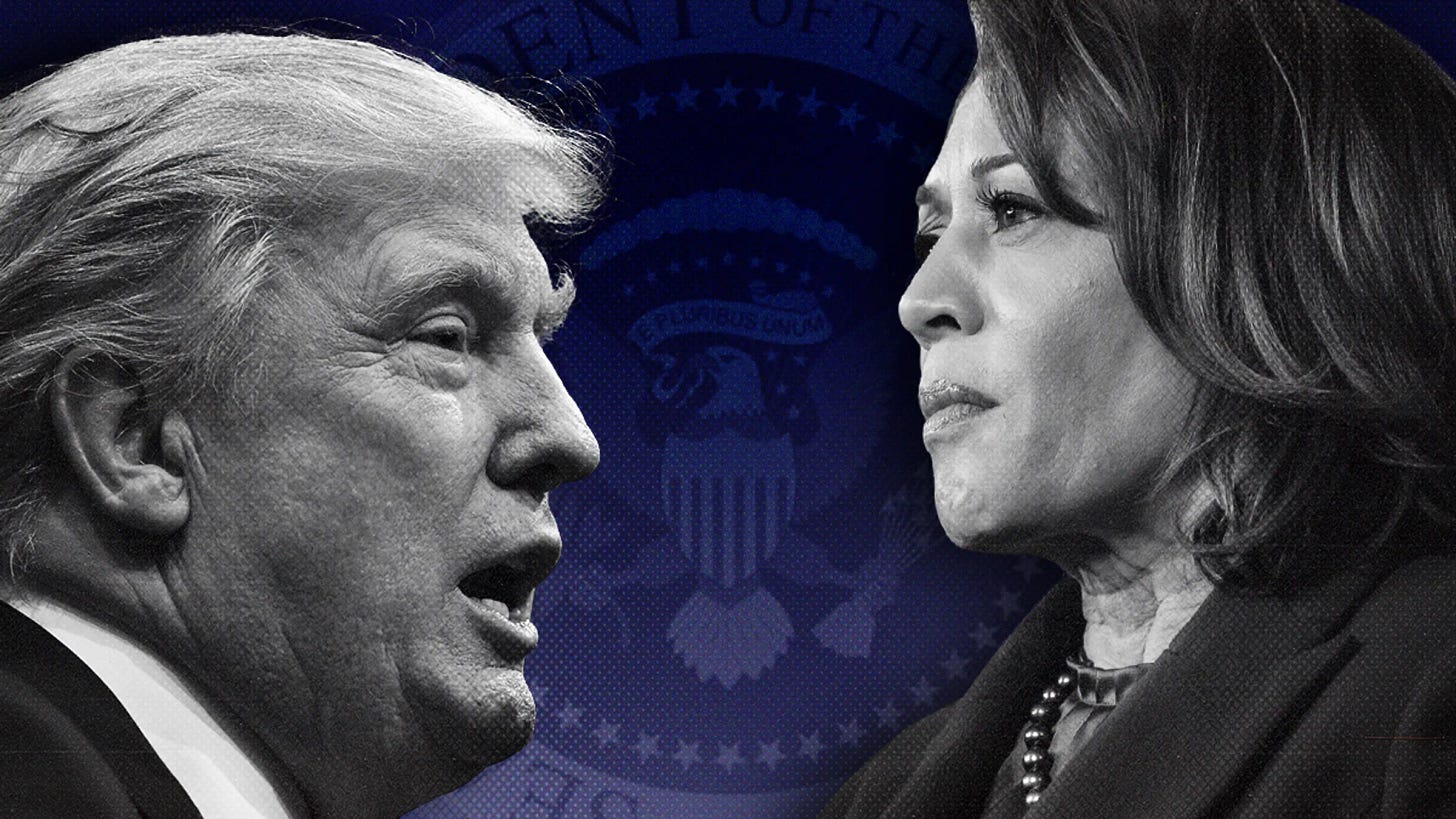Trump vs. Harris: A High-Stakes Election and its Risks for Democracy
A second Trump presidency would diverge sharply from his first. A narrow Harris victory could trigger unprecedented challenges to electoral integrity and stability
When Republicans met in Milwaukee for their quadrennial convention in July, Donald Trump was cruising to victory in November. He was ahead in the polls. He had stood next to his opponent, Joe Biden, who imploded in a presidential debate. He had barely escaped an assassin’s bullet. And he was overseeing a raucous convention with all the markings of a victory celebration.
Trump, in short, was winning.
And then he was losing.
Within a month of the GOP convention, everything had changed. Days after it concluded, President Biden announced he would not run for president in November and endorsed his running mate, Vice President Kamala Harris. Within 48 hours, Harris had cleared the field of any possible challengers and received the endorsement of the entire party. Within a week, she secured the backing of a majority of the delegates and raised $300 million for her campaign. And within a month, she had erased Biden’s polling deficit and topped Trump in national polls and most battleground states.
Much can still happen in the race. The country remains deeply divided and polarized, and the elections will likely be decided by a few thousand votes in a few battleground states. Trump may finally accept he has to face Harris rather than Biden and prosecute his case against her more effectively than he has in the past two weeks. Harris remains undefined to most voters and may stumble along the way — in a debate, an interview, or some other way.
“A week,” Harold Wilson said, “is a long time in politics.” In the age of social media, an hour can change everything.
But while much can change, here is what we do know: This election poses unique risks to democracy in America and has profound implications for the global political landscape.
Read the entire article on Gzero Media.



